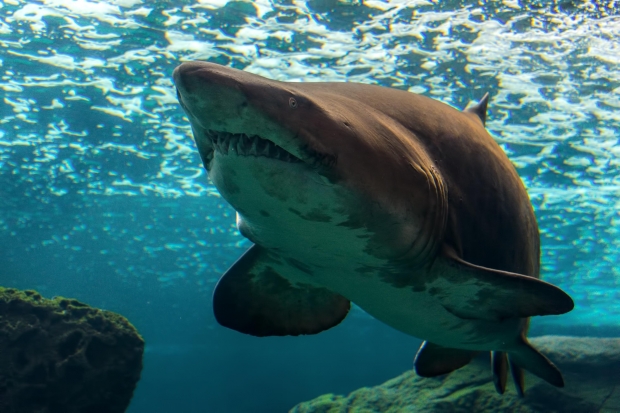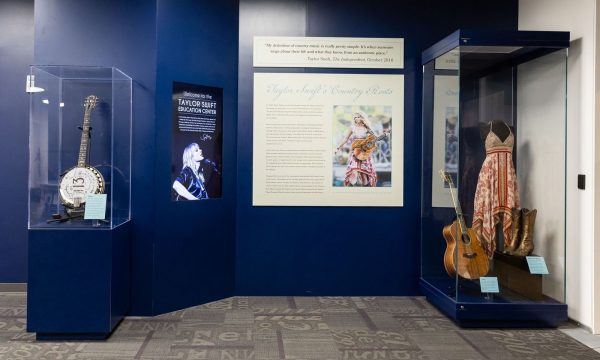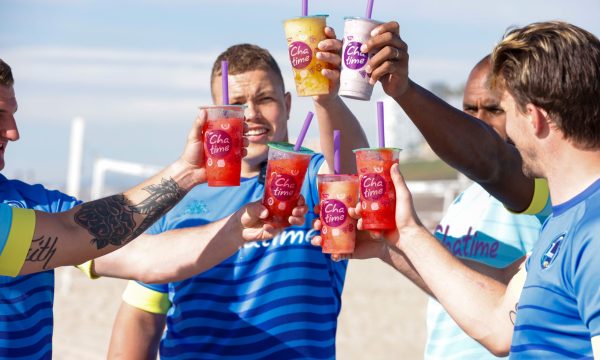 Researchers attempting the world's largest-ever survey of shark populations have reached their first 100 reefs, collecting footage along the way.
Researchers attempting the world's largest-ever survey of shark populations have reached their first 100 reefs, collecting footage along the way.
Deploying baited remote underwater video (BRUV) equipment, they are catching the ocean's top predators, including sharks and rays, on camera in their natural habitats.
"Our international team has deployed more than 5,000 BRUVs and collected more than 5,000 hours of footage," said FinPrint lead scientist Demian Chapman, an associate professor of marine sciences at FIU. He says at least 30 species of sharks and rays have been observed so far.
Nearly a quarter of these predators are threatened with extinction, yet the lack of comprehensive and up-to-date data on species abundance and distribution is hindering efforts to protect them.
The project, dubbed Global FinPrint, is focusing on coral reef habitats worldwide. In the first year, the researchers have experienced a few surprises. In some regions of the world, they are seeing more sharks and rays than ever expected, leading the researchers to start a friendly competition on Twitter — #BRUVbattle — for the most sharks in a single screengrab. The current record holder is the team from Australia with 12 gray reef sharks caught on camera along Jarvis Reef in the Pacific Ocean.
While some of the early findings are promising, others are concerning. In some locations, cameras rolled for hours with little to no signs of sharks. For one location off the coast of Malaysia, the researchers collected more than 100 videos. Their efforts resulted in a single shark sighting. In Jamaica a similar number of videos yielded no sharks at all.
The researchers hope to reach more than 200 reefs by the end of 2017 and include about 400 reefs in the final analysis of the three-year project. The FinPrint research already shows that existing data on shark and ray abundance in some parts of the world is inaccurate.
"The early results are really impressive," said FIU Marine Biologist and FinPrint researcher Mike Heithaus, who also serves as the dean of FIU's College of Arts, Sciences & Education. "With a global network of collaborators, we are going to be able to help prioritize areas for conservation. This information will help ensure we are able to effectively manage these amazing animals and their hugely important ecosystems."
With support from philanthropist Paul G. Allen, Global FinPrint is one of several initiatives within the Microsoft co-founder's portfolio of ocean health programs. The new data will be consolidated with thousands of hours of existing video data to form a single dataset for analysis, producing the first global standardized survey of sharks and rays in coral reef environments.














